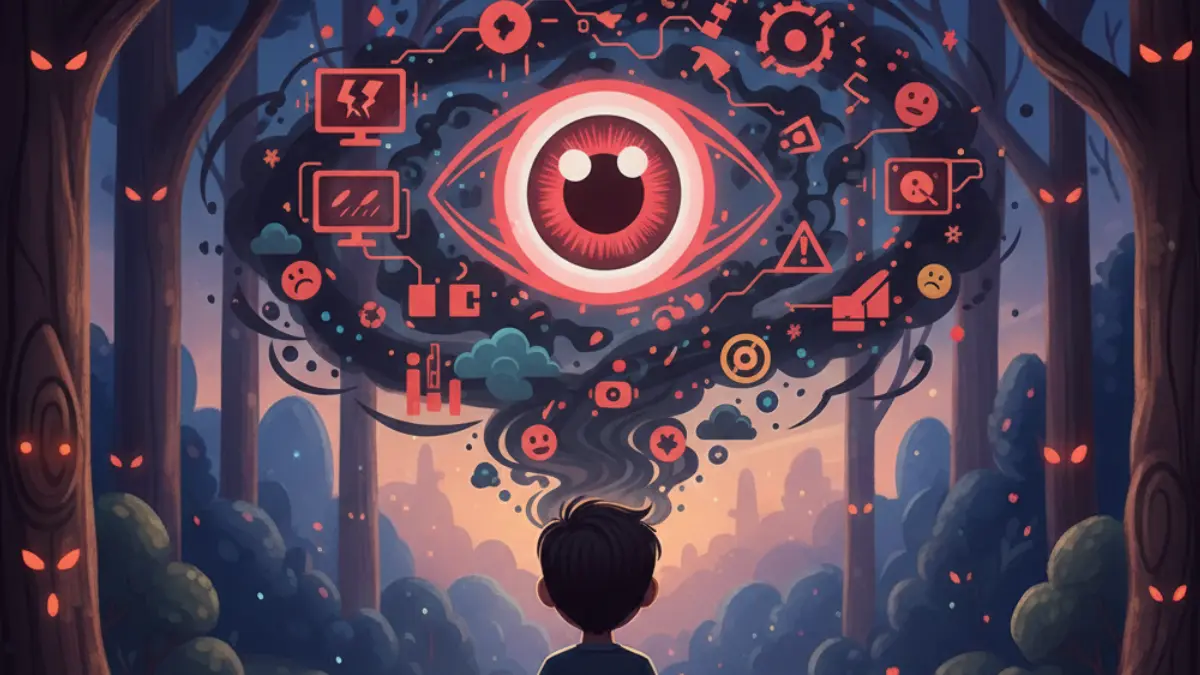Check your fear and apprehension about the rapid growth of artificial intelligence with this psychological test.

AI Anxiety Scale
Are you comfortable with the rise of modern technological advancements? Measure your AI-related anxiety here.
Artificial Intelligence (AI) Worry refers to the stress and apprehension you may feel regarding the rapid advancements of AI and its potential consequences for your life. This concern is often fueled by fears of job loss, the ethical implications of AI systems, privacy breaches, and a general loss of human control over technology. While a healthy amount of skepticism is wise, excessive AI worry can lead to significant distress and a desire to avoid new AI-driven tools.
In our increasingly automated world, recognizing and addressing your level of AI worry is crucial for both personal and professional well-being. Unacknowledged fears can make it challenging to adapt to new workplace tools or feel overwhelmed by technological change. If you find yourself experiencing persistent worry or total avoidance when faced with AI-related topics, it may be time to assess your feelings.
The AI Worry Test is designed to provide you with a clearer picture of how you feel about AI. It measures four core areas of concern: apprehension about learning new AI systems, anxiety around job displacement, fear of AI misuse/malfunction, and general discomfort with the social integration of AI. To explore other related concerns, you may also be interested in our Anxiety Sensitivity Test or Doomscrolling Scale.
Frequently Asked Questions
- How long does this quiz take?
- It takes about 6-8 minutes to complete this quiz.
- Are my responses private?
- Yes, all AI Anxiety Scale answers are anonymized and confidential.
- Can I take this test more than once?
- Yes, you can retake the test any time to see how your AI Anxiety Scale results may have changed.
- What are the core dimensions of AI worry measured by this test?
- This quiz assesses your anxiety across four main areas: learning new AI systems, fear of job replacement, concerns about AI misuse, and discomfort with humanoid and autonomous AI.
- How is AI worry different from general anxiety?
- While related, AI worry specifically focuses on the fear and stress induced by artificial intelligence and its societal impact, going beyond general anxiety to include concerns like technological dependency and job displacement.
AI Anxiety Scale: Take The Test
References
Disclaimer
This scale is designed for educational purposes and is not a substitute for professional diagnosis or treatment.

